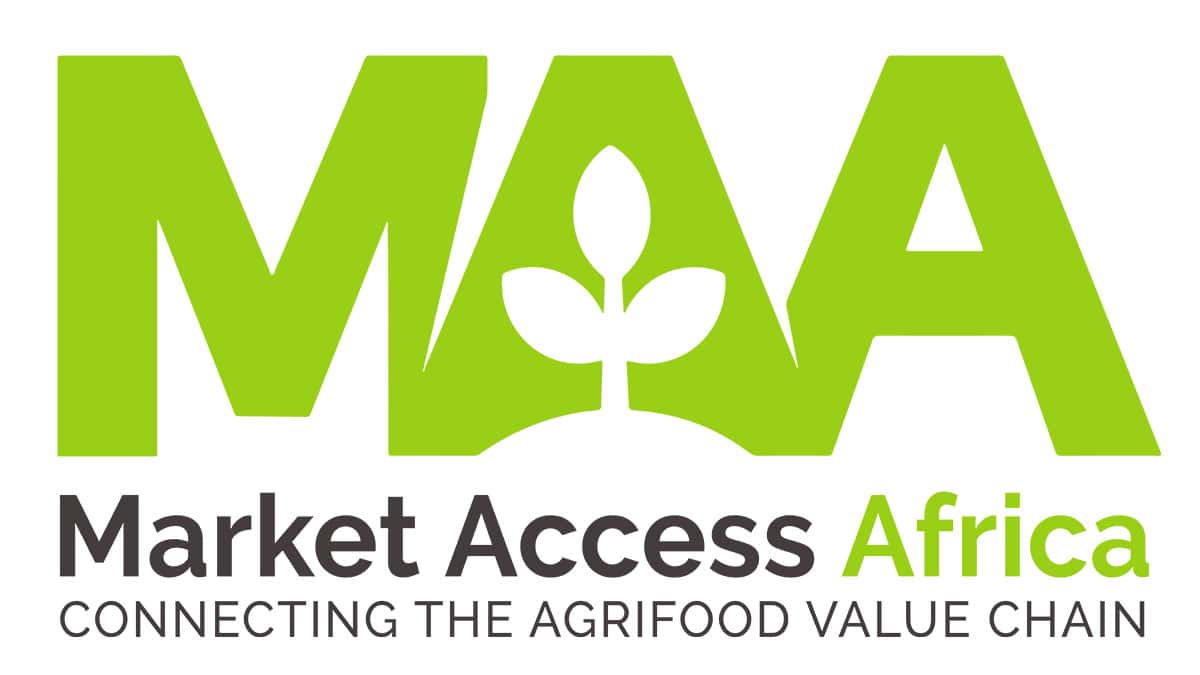PROMOTION A Taste of Canada for Discerning African Consumers Vins et…
AFEX’s $50 Million Fundraising – Transforming Nigeria’s Agricultural Sector
AFEX, a private commodities exchange in Nigeria, is making headlines with its ambitious plan to raise $50 million. This strategic move aims to significantly enhance the food systems in Nigeria and Africa. Co-founded by Nigerian billionaire Tony Elumelu, alongside Nicholas Berggruen and Jendayi Frazer, AFEX has been at the forefront of transforming agriculture on the continent. The company started about nine years ago and has since impacted over 450,000 smallholder farmers, raising over $400 million for the agriculture sector through various commodity-backed instruments.
This recent push to raise additional funds demonstrates AFEX’s unwavering commitment to growth and innovation in the agricultural space. Ayodeji Balogun, the Group Chief Executive Officer, has been a driving force behind the company’s bold strides. The funds are earma
rked for the construction of 20 new warehouses, a move that is set to bolster AFEX’s position as a primary marketplace for agricultural goods. This expansion is in line with the concept of Africapitalism, an idea propagated by Tony Elumelu, which focuses on harnessing local and private sector-driven solutions to drive economic development.
With plans to expand into nine African markets over the next ten years, AFEX is not just growing its footprint but also actively contributing to the goal of intra-Africa trade coordination. The organization’s contributions are not limited to economic growth; they extend to crucial areas like food security and sustainable agricultural practices.
Improving market access is vital for the agricultural sector, especially in developing countries like Nigeria. Here’s why initiatives like AFEX’s are so crucial:
- Empowering Smallholder Farmers: Enhancing market access helps smallholder farmers sell their produce more effectively and at fairer prices, improving their incomes and livelihoods.
- Reducing Post-Harvest Losses: Efficient market access minimizes losses due to delayed sales or lack of storage, which is especially critical for perishable goods.
- Spurring Economic Growth: Better market access can stimulate broader economic growth in rural areas, creating jobs and fostering new business opportunities.
- Ensuring Food Security: Efficient market systems contribute to more consistent and reliable food supplies, essential for national and regional food security.
- Encouraging Sustainable Practices: With improved market access, farmers are more likely to invest in sustainable farming practices, enhancing long-term productivity and environmental health.
- Driving Technology Adoption: Enhanced market access often goes hand-in-hand with the adoption of new technologies and innovative farming methods, leading to increased agricultural productivity.
- Supporting Smallholder Farmers: Initiatives like this empower the backbone of many developing countries’ agricultural sectors by providing tools and opportunities to compete in larger markets
AFEX’s $50 million initiative represents a transformative step in Nigeria’s agricultural landscape, with the potential to influence similar transformations across Africa.
For more in-depth coverage on this story, you can refer to the detailed articles on [ThisDayLive] , [Tribune Online]), and [Business Metrics]




